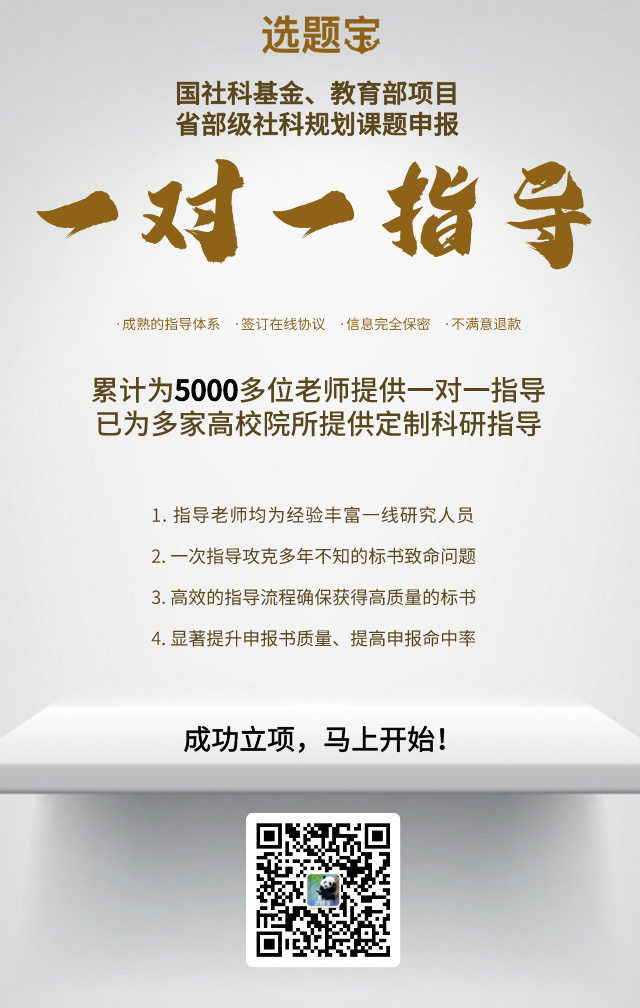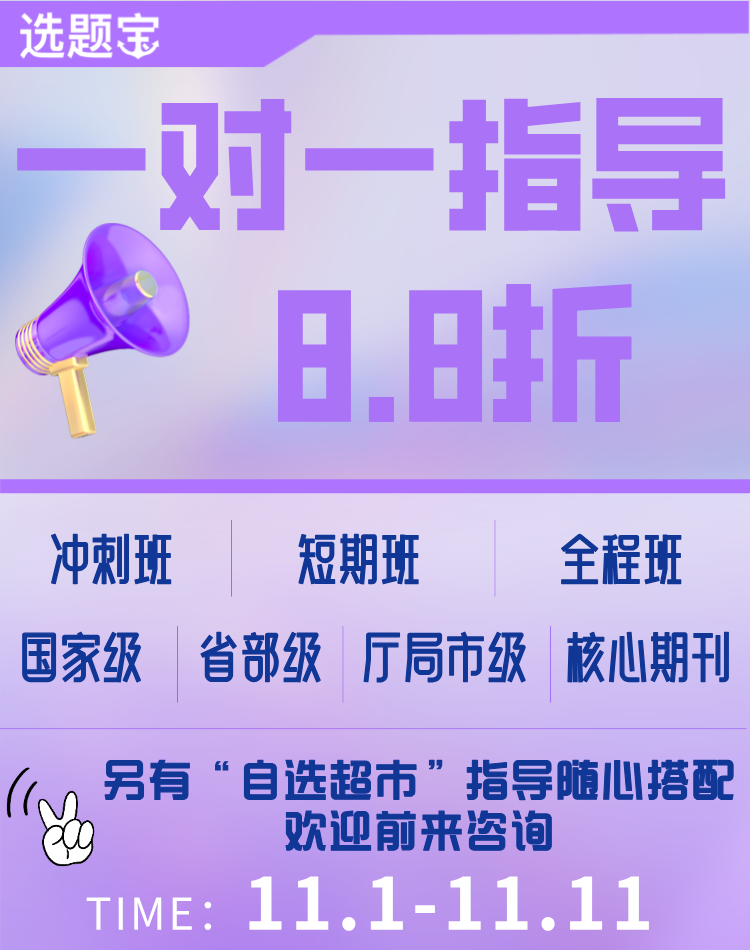 选题知识库
选题知识库
SSCI《Assessing Writing》征稿: 人工智能与写作评估
2025年02月18日

点击订阅
截止日期:2025/03/31 23:59
征稿期刊
Assessing Writing
期刊级别
SSCI (JCR 2023)
IF 4.2
Q1 (EDUCATION & EDUCATIONAL RESEARCH 28/760)
Q1 (LINGUISTICS 6/296)
征稿主题
AI and Writing Assessment: Innovations, Validity, and Ethical Considerations
细分领域
AI Innovations in Writing Assessment: We invite submissions that detail innovative uses of AI in writing assessment and evaluation, showcasing how AI tools can support both summative and formative writing assessment in multiple contexts including large- scale accountability assessments, classroom-based formative assessments for L1 and L2 language learning, and writing assessment deployed in informal learning contexts (e.g., intelligent tutors, app-based writing practice). Submissions should focus on how these tools are grounded in theoretical conceptions of the writing construct and writing development, as well as their adherence to contemporary standards for assessment design and evaluation. Finally, as appropriate, submissions should detail how teachers and students interact with–or are expected to interact with–AI-based writing assessments and the resulting data, as well as the knowledge and skills needed to effectively use this information.
Validity of AI-based Writing Assessments: We invite submissions that examine the validity of AI-based tools in writing assessment, focusing on their ability to accurately and reliably assess both surface features and higher-order skills like creativity and argumentation. Submissions should explore how validity evidence supports claims about AI-generated scores, using frameworks such as the Interpretive Use Argument (IUA) (Kane, 2006). Key areas include content validity (ensuring AI assesses diverse writing skills), response processes (how students engage with AI feedback), and internal structure (the accuracy of AI models in capturing writing’s complexity). Research on convergent and discriminant validity (alignment with human scores and differentiation of writing skills) and the consequential validity of AI tools, particularly regarding fairness and equity, is also encouraged. Submissions should focus on how AI tools can be rigorously evaluated for accurate and defensible assessments of student writing.
Ethical Considerations in AI-driven Assessment: We invite research and discussions on the ethical implications of using AI in writing assessment. We encourage submissions that address key issues such as bias (potential inaccuracies that disadvantage certain student groups), fairness and equity (ensuring AI tools provide equal opportunities for all learners, regardless of background), and data privacy (protecting sensitive student information in AI systems). Additionally, we seek explorations of the impact AI may have on teacher-student relationships, particularly how the increasing use of automated systems could alter dynamics in the classroom and affect student autonomy and trust in feedback processes.
AI in Multilingual and Underexplored Contexts: Across the three prior categories—AI innovations, validity, and ethics—we welcome submissions that explore the application of AI-based writing assessments in diverse linguistic and educational contexts. We seek studies that examine how AI tools can be effectively adapted for use in multilingual environments and underexplored educational settings. We encourage research that addresses the unique challenges and opportunities of implementing AI assessments with underrepresented populations, exploring how these tools can be tailored to meet the specific needs of students from various cultural, linguistic, and socio-economic backgrounds. Special attention should be given to ensuring that AI-driven assessments are equitable, culturally responsive, and accessible in these contexts.Submissions may employ a range of empirical methodologies applied with rigor. We will also consider high-quality theoretical or conceptual work.
重要时间
Abstract Deadline: 31 March 2025
Submission Deadline: 1 October 2025
— END —
 选题知识库
选题知识库


提示







